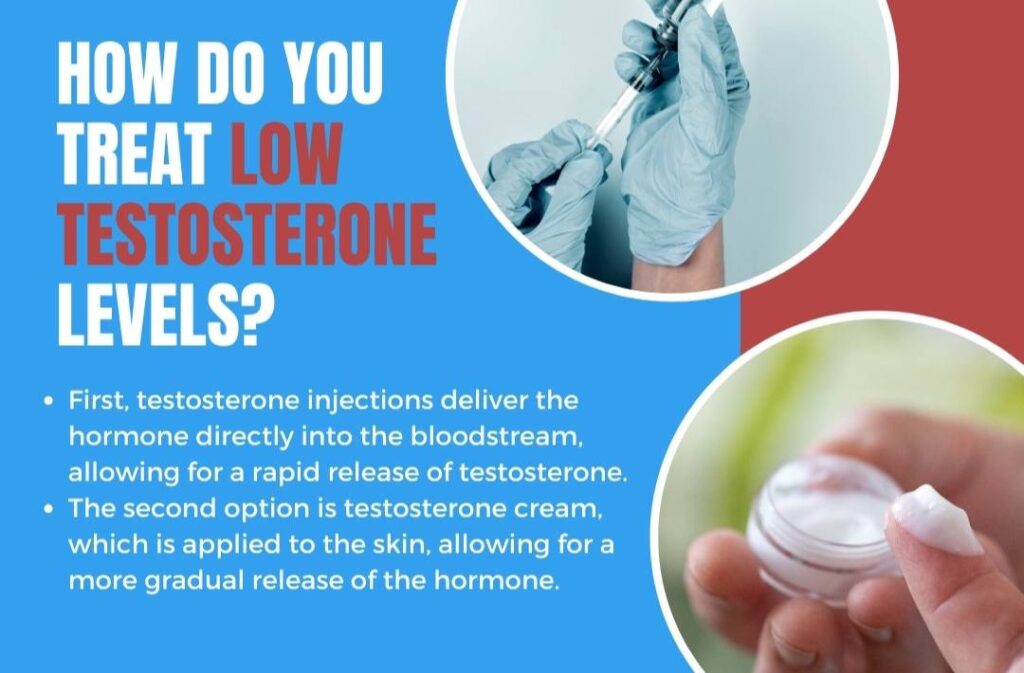New study published in the Annals of Internal Medicine led by a team at the University of Western Australia. The researchers conducted a meta-analysis that combined findings from 11 high-quality studies examining the relationship between testosterone levels and lifespan.
The studies tracked men for a minimum of five years and revealed that those with the lowest testosterone levels had an increased likelihood of premature death. While the study looked at deaths from various causes, a closer analysis indicates that heart disease — the leading cause of death among men worldwide — accounted for a significant portion of these cases.
Interestingly, the mechanisms that contribute to heart disease may also play a role in erectile dysfunction, which is the inability to achieve or maintain an erection sufficient for sexual activity. Erectile dysfunction often manifests earlier than heart disease symptoms, serving as a potential warning sign for existing or future cardiovascular issues.
Given that p, this reinforces the connection between testosterone levels and heart health. Typically, testosterone levels decline as men age, decreasing by around p1% each year starting at age 30. This gradual decline is sometimes referred to as male menopause or andropause.
This decline over time is partly attributed to the gradual reduction in the testicles’ ability to produce testosterone, as well as a decrease in the signals that stimulate this production. However, various other factors, such as chronic diseases, can further accelerate this decline.

The question arises: which comes first, low testosterone or disease? A limitation of the new study is its inability to determine whether low testosterone directly contributes to a higher risk of mortality.
Mechanism of Action of Testosil Supplement for Hypogonadism Treatment
Testosterone levels can decline due to illness, potentially serving as an indicator of an underlying disease that increases the likelihood of mortality. This is particularly relevant in cases involving long-term inflammation, such as obesity.
A pertinent example can be observed in prostate cancer patients. When the cancer progresses, they often receive treatments that significantly reduce testosterone levels. Although these treatments can effectively manage prostate cancer, they are also associated with an elevated risk of heart attack and stroke in patients.
Thus, while low testosterone may indicate the presence of disease, it also appears to play a role in the emergence of subsequent health issues and possibly increased mortality.
Determining what constitutes a “low” testosterone level can be quite complex. Simply measuring testosterone alone may not provide a complete understanding of an individual’s ideal levels. What is considered low for one man may not be the same for another.

Researchers establish normal testosterone ranges by analyzing average levels from various populations, which helps highlight individuals who fall outside of these ranges and may have related health issues. This approach aids doctors in identifying and treating patients who may require assistance.
However, generalizing these findings across different populations can be challenging and often necessitates larger sample sizes to reveal meaningful trends. A recent meta-analysis indicates that the heightened risk of mortality in men primarily becomes evident when testosterone levels are significantly low.
Short list of testosterone boosters:
1. D-Aspartic Acid – An amino acid that may help increase testosterone levels.
2. Fenugreek Extract – A herb that may enhance libido and support testosterone production.
3. Zinc – A mineral essential for testosterone production; deficiency can lead to low levels.
4. Vitamin D – Plays a role in hormone regulation, and sufficient levels may support testosterone.
5. Ashwagandha – An adaptogenic herb that may help reduce stress and boost testosterone.
6. Tribulus Terrestris – A plant extract often used to promote increased testosterone and libido.
It’s important to recognize that, regardless of what is classified as normal for each individual, decreased testosterone levels can heighten the risk of mortality.
Maintaining Healthy Testosterone Levels
Considering the risks linked to low testosterone, you might be curious about preventative measures. Men should strive to avoid factors that lead to reduced testosterone by embracing a healthy lifestyle and managing their weight effectively. If levels are already low, testosterone replacement therapy may be a viable option to consider.
There is increasing evidence indicating that testosterone replacement therapy may help lower certain risks, including mortality from various causes and heart attacks, in some men. However, controversy still surrounds this treatment, as longstanding and often outdated concerns about testosterone therapy contributing to heart attacks persist.
Common questions about testosterone levels:
1. What is testosterone, and what role does it play in the body?
2. What are normal testosterone levels for men and women?
3. What symptoms indicate low testosterone levels?
4. What are the causes of low testosterone?
5. How is testosterone measured or tested?
6. Can testosterone levels change with age?
7. What lifestyle factors can affect testosterone levels?
8. Are there any risks associated with high testosterone levels?
9. How can low testosterone levels be treated?
10. What are the potential side effects of testosterone replacement therapy?
Most recent research suggests that there is at least no associated risk of heart disease with testosterone replacement therapy, but additional studies are needed to establish whether it can enhance heart health in men.
While there may be promising prospects for testosterone in reducing the likelihood of heart attack-related deaths among men, it appears that it will take considerable time before this treatment becomes widely accepted. In the meantime, maintaining healthy testosterone levels through a balanced lifestyle remains advisable.
This article has been republished from The Conversation and is available under a Creative Commons license. You can read the original article here.





